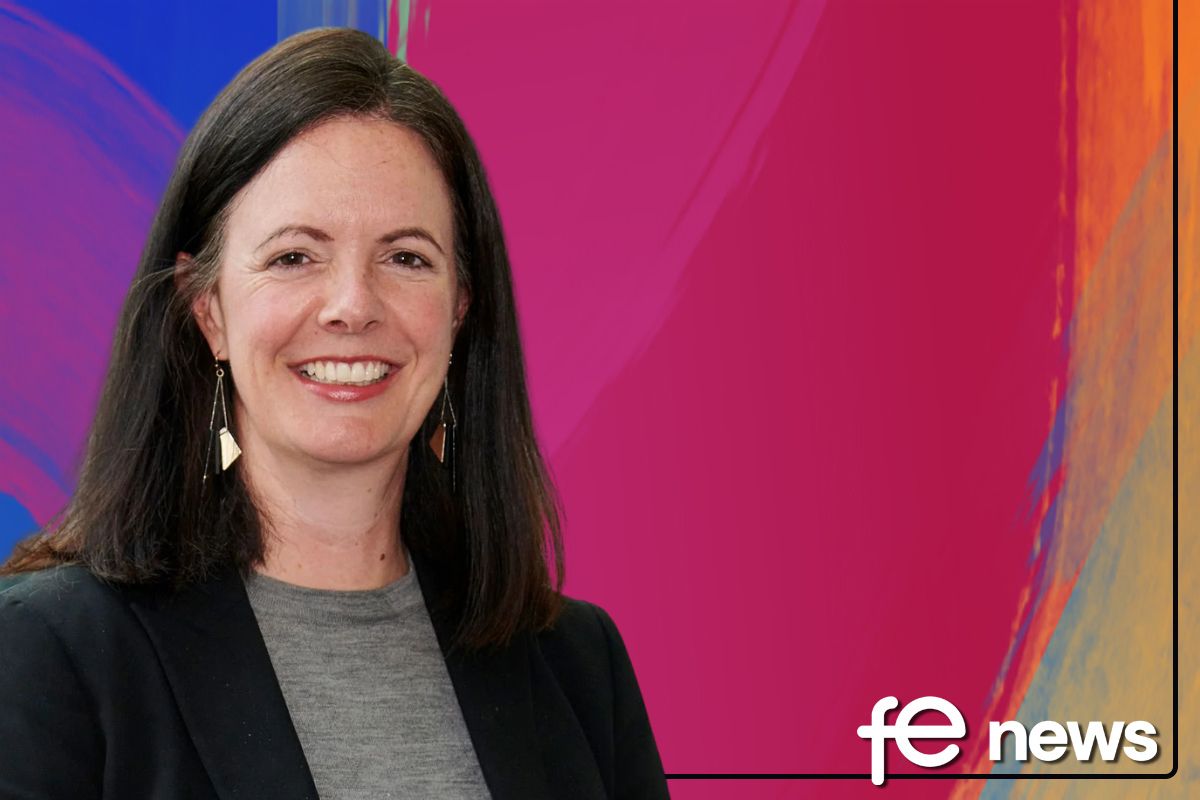Rising to Ofsted’s challenge

Almost two decades after the incorporation of further education colleges, we are entering a whole new educational world. It’s 1993 all over again as colleges are being afforded the space to make their own choices about what they do, and how they do it.
This raises a fundamental question: what does the sector do with this new endowment of freedoms? In a fiscally constrained, devolved and globalised education system, what is the place and purpose of a further education provider? What role should a college play compared to that of a school or university? Do they need a clear identity and focused mission – less department store and more boutique?
This week, the Skills Commission attempted to answer some of these questions in its new report on specialisation in public and private further education. The report builds on much of what Lord Lingfield concluded in his recent review of professionalism, and argues that the further education sector should prioritise its role delivering vocational and technical education and training over provision such as remedial learning and community education.
In the report we find that a broad spectrum of specialisation exists within our further education system – from institutional specialisation to within-college specialisms, and more in between. A common characteristic that united many examples of specialisation was its generative capacity – its ability to foster better reputations, attract employers, improve quality of provision, and ignite the passions of learners. In many examples, specialisation also exhibited a multiplier effect, developing and enhancing existing good practice. We think specialisation and its impact on educational and employment outcomes for learners warrants further consideration.
There are many challenges confronting the further education sector: the need to manage declining public sector investment and move to a more distributed funding model; maintaining and developing infrastructure, facilities and equipment; ensuring teaching meets the latest industry standards; and helping equip people with the skills to get a job at a time of record unemployment.
The recommendations in the report suggest solutions to these challenges and are directed at the sector itself as much as the Government. They include collecting more data on the destinations of students; developing a better understanding of how teachers access specialist continuing professional development; exploring new mechanisms to incentivise employers to invest in the sector’s facilities and equipment; and helping providers to work more closely with SMEs by providing business development services.
Ofsted’s recent annual review is a wake-up call to all those who think the sector should be satisfied with its past achievements. Further education is full of examples of outstanding providers and teachers, and while it is important to champion these, we must also challenge ourselves to do much more and to continue to raise standards and improve outcomes.
Our report aims to do just that and argues that specialisation should be central to this endeavour. We want to develop a new rhetoric of aspiration based on what the further education sector does best – providing specialist vocational and technical education that leads to a job.
Barry Sheerman MP co-chairs the Skills Commission with Dame Ruth Silver
The Commission’s report can be found here http://www.policyconnect.org.uk/sc











Responses